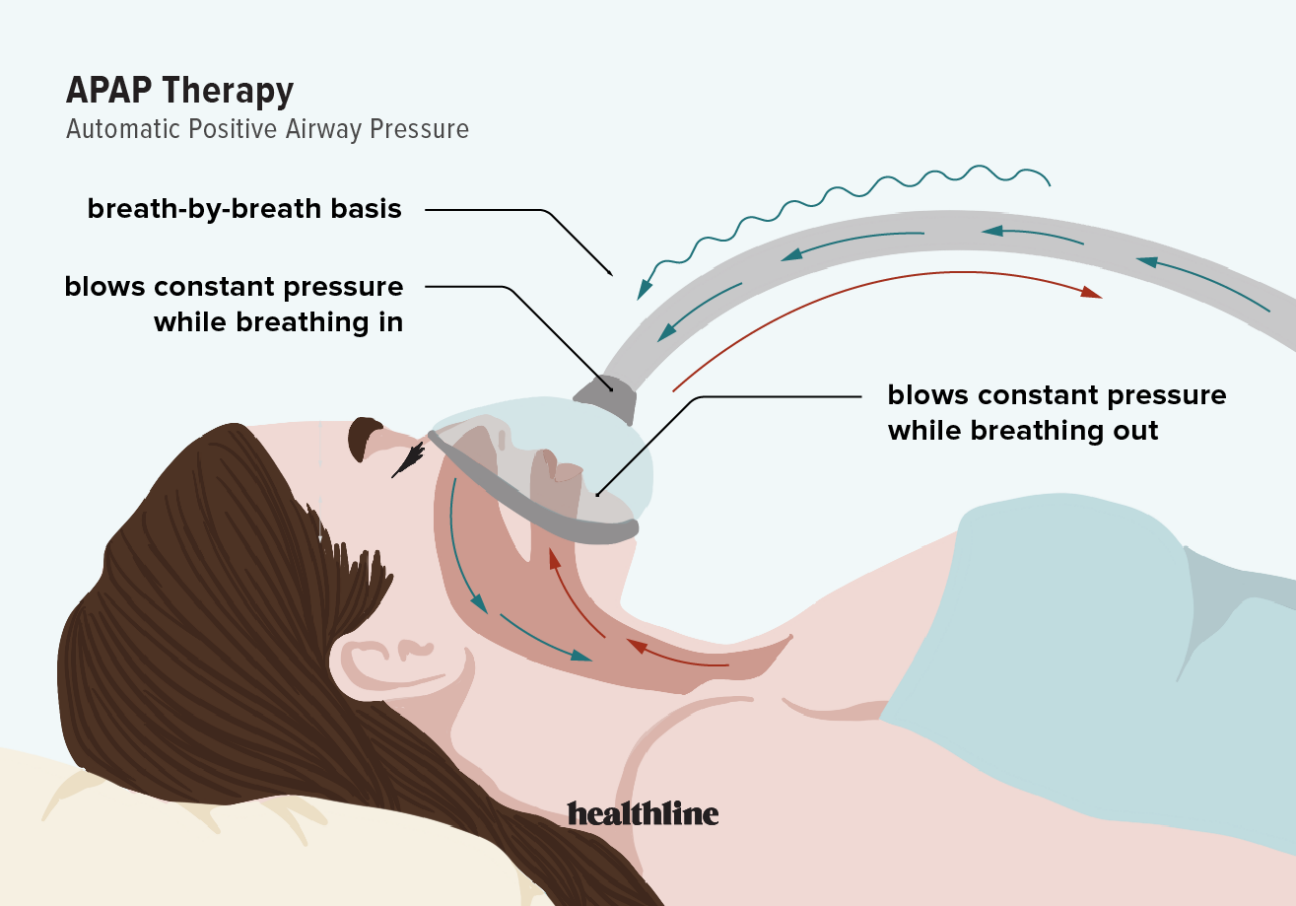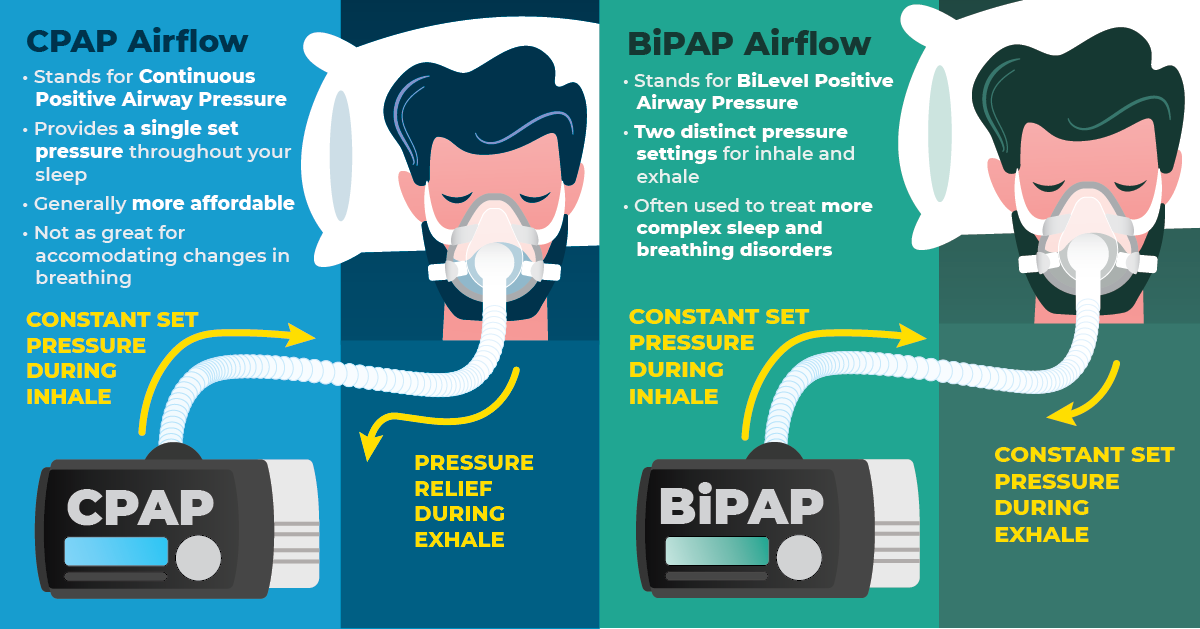Continuous Positive Airway Pressure (CPAP) machines are critical devices widely used in the treatment of sleep apnea, a condition characterized by repeated interruptions in breathing during sleep. These interruptions, known as apneas, can severely disrupt sleep quality and pose significant health risks. CPAP machines help maintain open airways, ensuring patients receive consistent and restful sleep. This article delves into the functions of CPAP machines and explores the various types available on the market, providing a comprehensive overview for those new to this essential medical device.
Understanding the Functions of CPAP Machines

1. Maintaining Open Airways
The primary function of a CPAP machine is to keep the airway open during sleep. It delivers a steady stream of pressurized air through a mask that covers the nose or both the nose and mouth. This air pressure prevents the throat muscles from collapsing and obstructing the airway, a common occurrence in sleep apnea sufferers.
2. Improving Sleep Quality
By preventing apneas, CPAP machines enable users to experience uninterrupted sleep cycles. Quality sleep is crucial for overall health and well-being, affecting everything from cognitive function to mood and physical health. Individuals using CPAP machines often report feeling more rested and alert during the day.
3. Reducing Health Risks
Sleep apnea is associated with several serious health issues, including cardiovascular disease, hypertension, diabetes, and stroke. By effectively treating sleep apnea, CPAP machines help reduce these risks, contributing to better long-term health outcomes.
4. Enhancing Daytime Functioning
Consistent use of a CPAP machine can significantly reduce daytime sleepiness and improve overall daytime functioning. This includes better concentration, memory, and reduced risk of accidents related to fatigue.
Types of CPAP Machines
CPAP machines come in various forms, each designed to cater to specific needs and preferences of users. Understanding the differences between these types can help individuals and healthcare providers choose the most suitable option.
1. Standard CPAP Machines

Standard CPAP machines deliver a continuous and fixed air pressure throughout the night. This consistent pressure ensures that the airway remains open, effectively preventing apneas. These machines are typically the most straightforward and cost-effective option.
Pros:
- Simple to use
- Cost-effective
- Reliable for many users
Cons:
- Fixed pressure may be uncomfortable for some users
- Not adaptable to varying needs during different sleep stages
2. Auto-Adjusting CPAP (APAP) Machines

APAP machines, or AutoPAP, automatically adjust the air pressure throughout the night based on the user’s needs. These machines use algorithms to monitor breathing patterns and make real-time adjustments to maintain optimal airway pressure.
Pros:
- Personalized pressure settings
- More comfortable as it adjusts to the user’s needs
- Can handle varying conditions and sleep positions
Cons:
- Generally more expensive than standard CPAP machines
- Slightly more complex to set up and maintain
3. Bi-Level Positive Airway Pressure (BiPAP) Machines

BiPAP machines provide two levels of pressure: a higher pressure when the user inhales and a lower pressure when they exhale. This dual pressure setting can be beneficial for individuals who struggle with the continuous pressure of a standard CPAP machine or those with specific respiratory conditions.
Pros:
- More comfortable for users needing high pressure
- Suitable for patients with certain respiratory or cardiac conditions
- Can be more effective for severe cases of sleep apnea
Cons:
- More expensive than standard and APAP machines
- Larger and slightly noisier
4. Travel CPAP Machines

Travel CPAP machines are designed to be lightweight and portable, making them convenient for users who frequently travel. These machines often come with features such as battery operation and compact design to ensure ease of use on the go.
Pros:
- Lightweight and portable
- Battery options for use without electricity
- Convenient for travel
Cons:
- May have fewer features than standard machines
- Can be more expensive due to portability features
Choosing the Right CPAP Machine
:max_bytes(150000):strip_icc()/Health-GettyImages-1263374923-0423979b56c141b2869c4df50051ec0e.jpg)
Selecting the right CPAP machine involves considering several factors, including the severity of sleep apnea, personal comfort preferences, lifestyle needs, and budget. Consulting with a sleep specialist can provide valuable guidance tailored to individual circumstances.
Comfort and Fit
Comfort is paramount in ensuring compliance with CPAP therapy. A mask that fits well and is comfortable to wear throughout the night is crucial. Masks come in various styles, including nasal masks, full-face masks, and nasal pillow masks, each suited to different sleeping habits and facial structures.
Pressure Settings
The required pressure settings can vary based on the severity of sleep apnea and individual needs. A sleep study typically determines these settings, and some users may benefit from the adaptive pressure of an APAP machine or the dual pressures of a BiPAP machine.
Additional Features
Modern CPAP machines often come with various features such as humidifiers, heated tubing, and data tracking. Humidifiers can add moisture to the air, preventing dryness in the nasal passages, while heated tubing can reduce condensation build-up. Data tracking allows users and healthcare providers to monitor usage and effectiveness, ensuring optimal treatment.
Conclusion
CPAP machines play a vital role in managing sleep apnea, significantly improving sleep quality and overall health. By understanding the functions and types of CPAP machines available, individuals can make informed decisions about their treatment options. Whether opting for a standard CPAP, an auto-adjusting APAP, a bi-level BiPAP, or a portable travel machine, the ultimate goal is to achieve restful, uninterrupted sleep and enhance quality of life.
